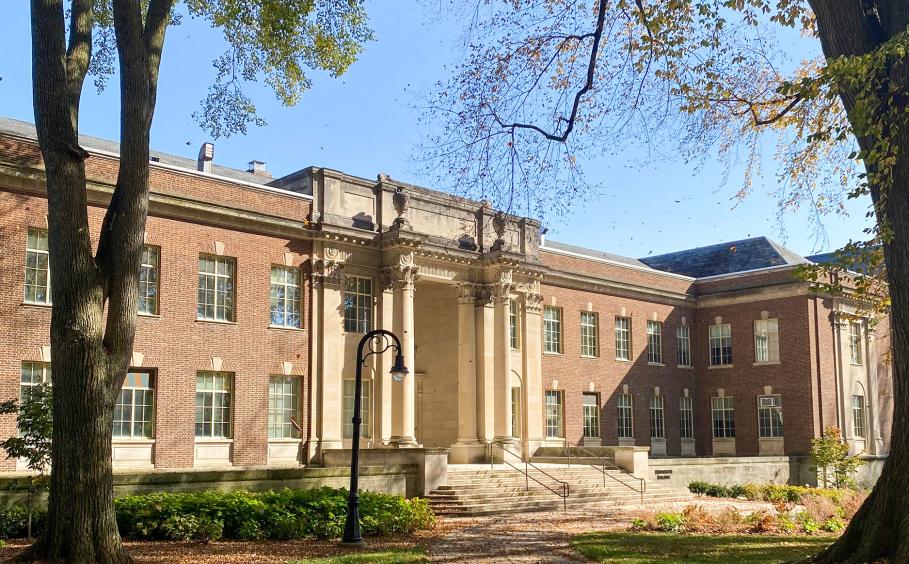About

About the Center
Mission
Engage the promise of safe and healthy environments for all children through innovative research, high quality training, and evidence-informed policymaking.
Our Vision
Every child deserves the best chance for a safe and healthy life. The Center for Safe & Healthy Children nurtures and supports transdisciplinary scientists to work in conjunction with advocates, practitioners, and policymakers to conduct and disseminate impactful new science that can change life course trajectories, mobilize public investment in prevention and treatment, accelerate science to practice, spark dynamic system-wide solutions, and support and inspire future generations to do the same. We will hone and be true to our mission and vision via the following basic tenets:
The Center for Safe and Healthy Children will:
-
support cutting-edge science that will improve the health and well-being of children exposed to maltreatment and early adversities [including child abuse, racism, gender discrimination, family violence, family separation and extreme poverty].
-
engage the child welfare community in translational science to improve practice and spur practice and policy reform
-
forge new models for the primary prevention
-
mentor and train undergraduates, graduate students, and postdoctoral fellows in cutting edge science and in the translation of science into practice and policy-relevant messaging
-
engage and train members, affiliates, and trainees in a research-to-policy collaboration that will mobilize public investment in research, prevention, treatment, and evidence-informed policy
-
raise the bar for quality research through methodological rigor and mechanistic research that will produce promising new avenues for intervention
Major Activities
-
Execute infrastructure grants awarded by the National Institutes of Health
-
P50 Capstone Center for Excellence, the Translational Center for Child Maltreatment Studies
-
T32 Training Grant, Creating the Next Generation of Scholars in the Child Maltreatment Sciences
-
-
Cultivate and support transdisciplinary research teams to advance the science of mitigating the impact of early-life stress and adversity on subsequent development
-
Advance the primary prevention of childhood sexual abuse
-
Support evidence-informed policies that increase public investment in prevention and treatment
-
Increase the use of innovative methods to advance like-course risk models through longitudinal research
-
Provide an immersive research experience for undergraduates, graduate students, and postdoctoral fellows



